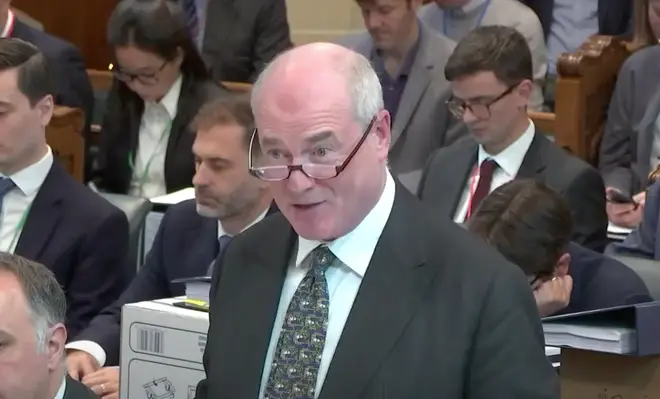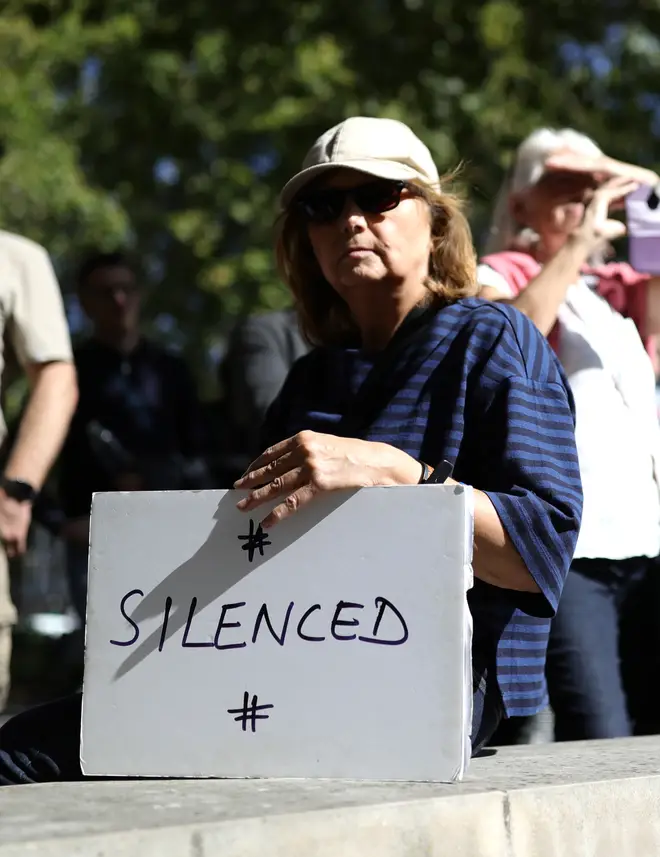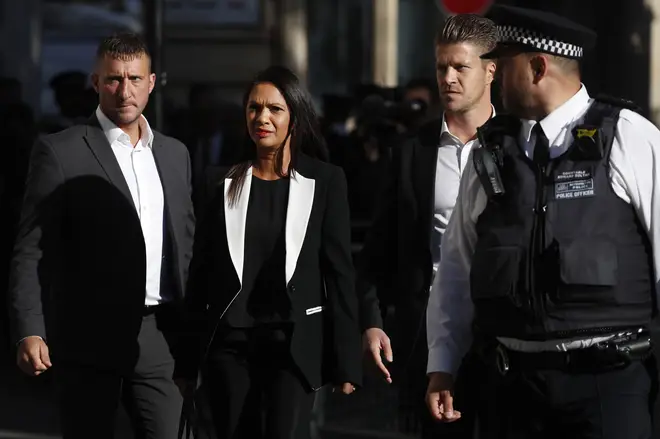
Jim Diamond 1am - 4am
18 September 2019, 16:31

Boris Johnson's representative has told the Supreme Court the decision to prorogue Parliament for five weeks was not for an "improper purpose."
Sir James Eadie QC dismissed arguments that suggest the suspension of Parliament was to "stymie" the legislative process.
Speaking to the panel of 11 judges, the barrister described the accusations as "untenable" and said attempts to call Boris Johnson to give evidence in court would be "resisted like fury."
Sir James described the decision to prorogue as "lawful" and not a matter for the courts as it was "inherently and fundamentally political in nature."
Today marks the second day of appeals being heard on two separate challenges in the English and Scottish courts over the suspension of Parliament, which came to opposing conclusions.
The Supreme Court will decide on two key questions: whether courts can intervene in issues regarding the suspension of Parliament and whether Mr Johnson's advice to the Queen on prorogation was lawful.

The barrister for the prime minister told the court that Parliament had already had plenty of time before prorogation to discuss the UK's withdrawal from the EU.
He said: "Parliament has been considering Brexit for months and years.
"It has had the opportunity to make whatever legislative provisions it has wished over that period and it has, in fact, made a plethora of legislative provisions, including and starting with the authorisation of the giving of the Article 50 notice."
When asked by Lord Wilson why Mr Johnson had provided no statement explaining why the prorogation decision was taken, Sir James replied saying, "my lord, we have the witness statements we have.
"My submission is that, in light of the case law only, it remains open to the court to make judgments on the facts on the basis of the underlying documents that have been produced."
He continued by saying that the documents had been provided from the "top level" of government, including notes of Cabinet discussions.
Lord Carnwath questioned Sir James' rebuttal, to which the barrister responded saying he had never been involved in a judicial review where the minister responsible for the decision under challenge had given a witness statement.
However, yesterday Lord Pannick QC who was representing Gina Miller's legal challenge to prorogation, said it was a "remarkable feature" that the prime minister had provided no witness statement.

Sir James began his opening remarks by saying, "we are dealing with a prerogative power ... that has been expressly preserved by Parliament."
The barrister did, however, concede that there were limits to the Executive's use of prerogative power and that it has the potential to "undermine" Parliament when scrutinising the country's leader.
He then accepted that it was the "purpose and role of the courts to consider what those constraints are and whether they have been exceeded."
The court will continue to hear submissions from the parties and interveners on Thursday, the third and final day of the hearing, but it is not yet known when they will give a ruling.
During a brief discussion on Wednesday about what order the court should make in the event it concludes the prorogation was unlawful, Lord Reed said the issue could be a "very difficult question" for the judges.